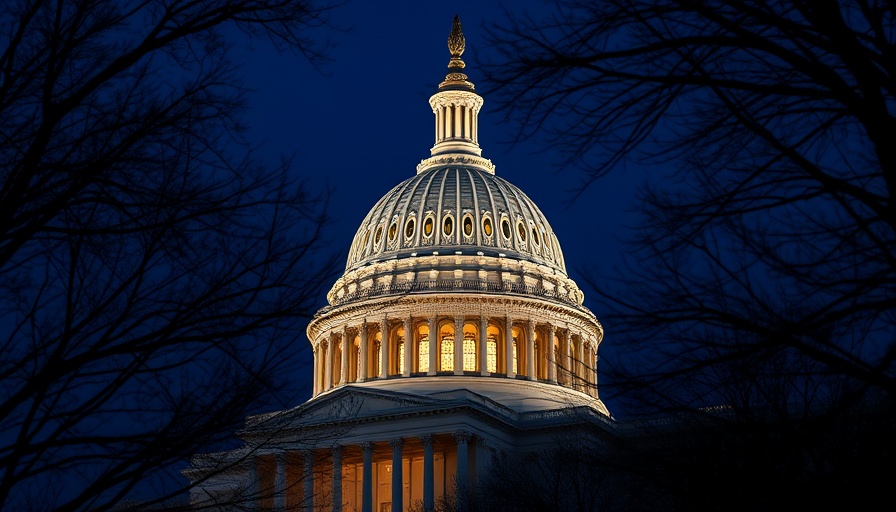
The Stakes of Healthcare Transformation
As Congress moves forward with a reconciliation bill that threatens to overhaul crucial healthcare provisions, especially Medicaid, the implications for millions of Americans are dire. The recent advancements made by House committees highlight a significant push from Republican lawmakers to implement drastic cuts, all under the umbrella of tax reforms and other conservative measures. With the potential to roll back essential safety nets, the dialogue around healthcare accessibility has never been more urgent.
A Profound Shift in Medicaid Policy
The Energy and Commerce and Ways and Means committees pushed through a historic overhaul of the Medicaid program. If passed, it would be the most significant change in its 60-year history. The proposed legislation includes requirements for Medicaid beneficiaries to prove their employment status through work, volunteering, or education, placing new burdens on already vulnerable populations. Furthermore, an estimated 8 million individuals could lose their health insurance, disproportionately affecting low-income families and marginalized communities, which raises pressing concerns about healthcare equity.
Resistance from Advocacy Groups
Patient advocacy organizations are sounding alarms, emphasizing the detrimental effects these cuts would have on essential healthcare services. As healthcare providers and advocacy groups express their outrage, the bipartisan criticism illustrates the growing consensus that healthcare should not be a commodity subject to political whims. With discussions about benefits and cuts escalating, the impact on consumers' quality of life must remain at the forefront of these legislative conversations.
Timing and the Future of Healthcare
With the House aiming for passage before Memorial Day and a more cautious Senate set to review, the fate of these provisions hangs in the balance. Stakeholders and consumers alike should prepare for what may become a protracted battle over healthcare funding and services. As these discussions unfold, the need for public awareness and action is paramount—individuals must advocate for accessible healthcare solutions that prioritize welfare over profits.
 Add Row
Add Row  Add
Add 




 Add Row
Add Row  Add
Add 



Write A Comment